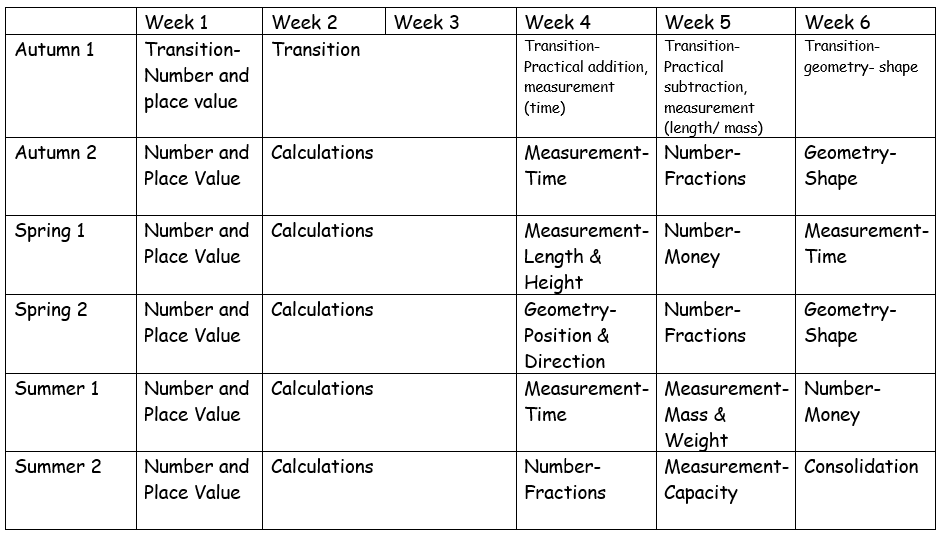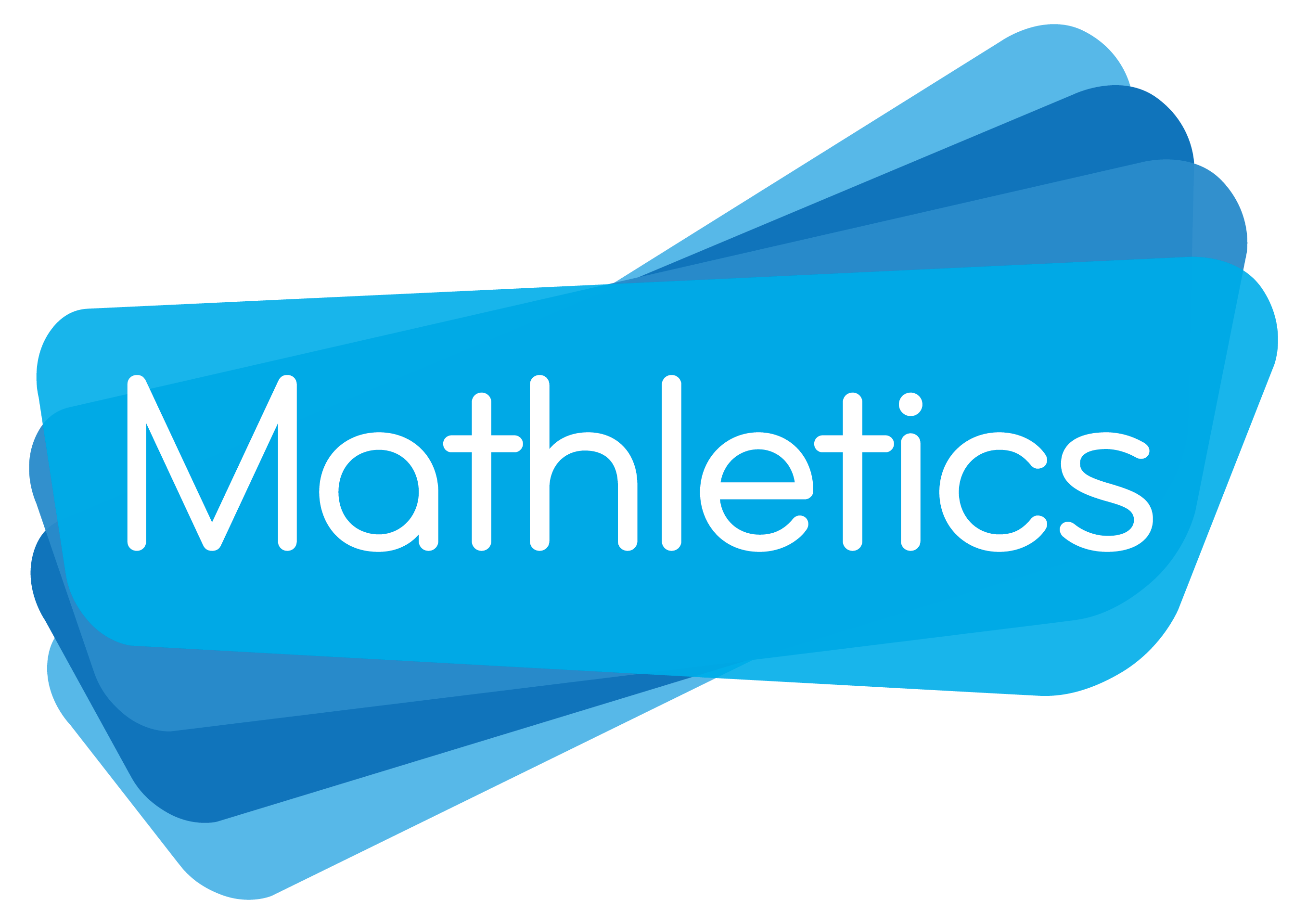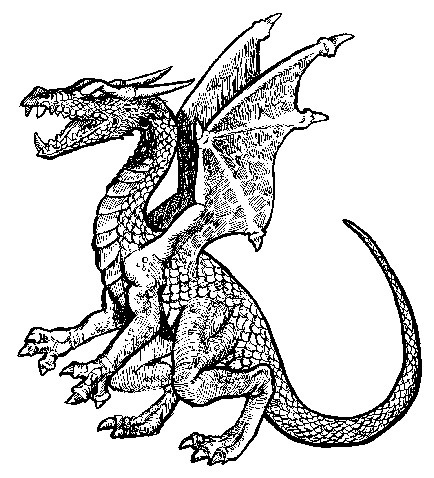Maths
*Click here for an overview of the Maths Curriculum for Year 1-6*
Maths at Southbury
Curriculum Aims and Intent
At Southbury Primary School, we aim to develop mathematicians who have a foundation for understanding number, reasoning, thinking logically and problem-solving with resilience. In line with the National Curriculum Objectives for Mathematics, our curriculum is designed to engage and challenge, whilst meeting the needs of all pupils.
Our intent is for all pupils to:
- become fluent in the fundamentals of mathematics
- develop conceptual understanding and the ability to recall and apply knowledge rapidly
- reason and problem solve by applying mathematics to complex problems
- build upon pupils’ knowledge and understanding from Reception to Year 6
- build on school values such as resilience and growth mindset to problem-solve with confidence
Through careful progression planning and sequencing, we aim to ensure that all children have equal access to a broad and balanced curriculum that enhances life experiences for all.
Our mathematics curriculum provides children with the opportunity to apply their learning in different contexts, such as science and technology, embedding and consolidating skills. This love of learning and depth of knowledge is promoted across the school. Our core values underpin everything that we do and support our aspirations and ambitions for all our pupils.
Implementation
Year 1

Teaching & Learning
- At Southbury, pupils are taught mathematics daily following each year group long term planning overview with each term starting with a fortnight on calculations following our school calculation policy
- Daily lessons include fluency, reasoning and problem-solving
- Lessons are differentiated so there is appropriate challenge for all learners
- Concrete manipulatives and pictorial representations are used to support conceptual understanding and to make links across topics
- Using prior knowledge as a starting point for all future planning and teaching, we plan lessons which are required for all pupils to make good progress
- Pupil engagement which involve all pupils using questioning and modelling

- We ensure that pupils secure their knowledge of times tables and related division facts by the end of Year 4 through and use Times Tables Rock Stars as a tool to support this.

- All children from Reception to Year 6 have access to Mathletics, an online learning platform. Each child is given a login so that they can access maths games and extra work to complete. Teachers upload homework weekly that consolidates learning completed in class.
Assessment
- Assessment is ongoing process where teachers have the tools to assess the pupils they teach on a daily/weekly basis based on the objectives from the curriculum
- Assessment has become an integral part of the teaching and learning process and teachers are able to make more informed and secure judgements, as well as enabling teachers to easily identify next steps/pupil targets
- We undertake termly data collection and analysis and teachers update pupils’ progress towards the key objectives of the National Curriculum for Maths using weekly assessment/target sheets
- Children are regularly given feedback which could be verbal feedback and through daily marking of maths books
- Children are assessed on a termly basis on reasoning and arithmetic.
Our curriculum leader, Carly Cinotti, leads Mathematics. The role of the curriculum leader is key to the implementation of our curriculum. They are responsible for the whole school approach to Mathematics and have oversight of progress from EYFS through to Year 6. They attend network meetings, internal and external CPD and have the knowledge, expertise and practical skills to be able to lead mathematics effectively. Mathematics is regularly reviewed (through weekly subject leader time) and to ensure it is being implemented effectively and coverage and breadth and balance is planned for.
Impact
- Pupils will be able to demonstrate quick recall of facts
- The ability to recognise relationships and make connections in mathematics
- Pupils to show confidence and resilience
- Pupils are able to independently apply their knowledge to a range of increasing complex problems
- Children are reasoning with confidence and accuracy
- Where prerequisites are not secure, interventions will be carried out
- Pupils show a high level of pride in their presentation and understanding of the work
- Pupils leave Southbury Primary School with a secure mathematical understanding with most pupils reaching end of year expectations.
*Click in the menu to watch our children teach you how to use the four operations to solve mathematical questions*
